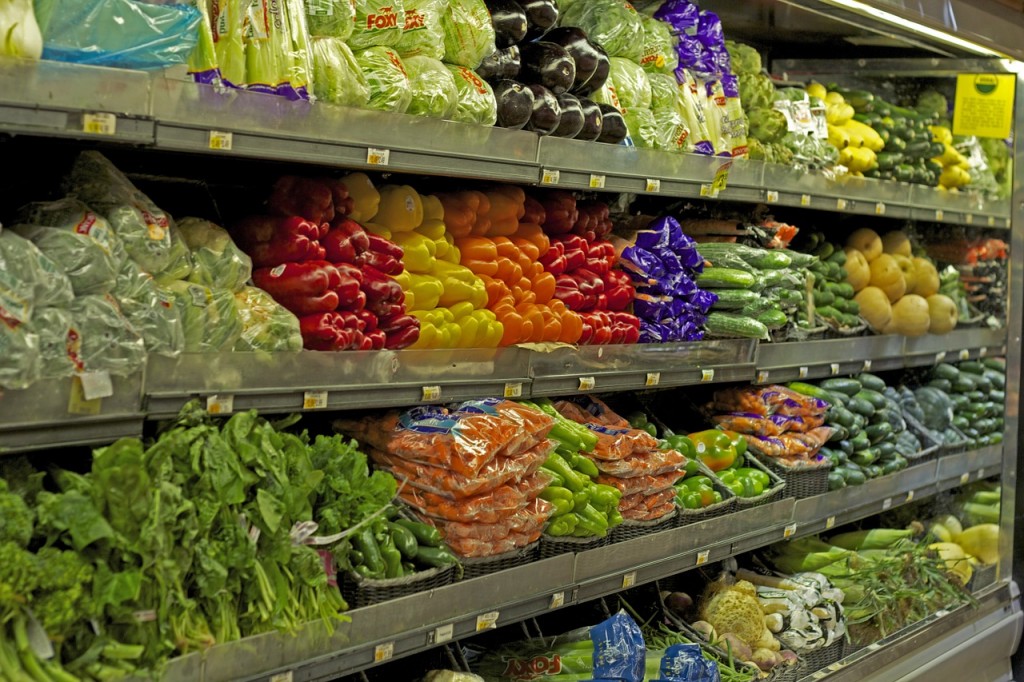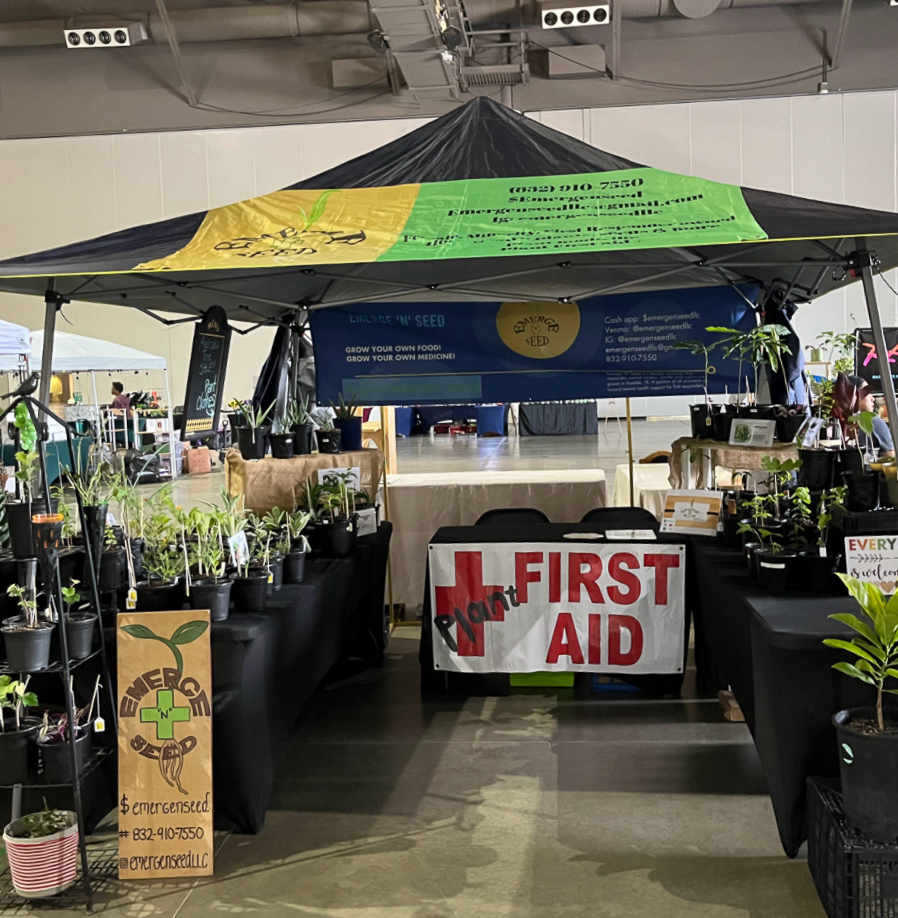
Going Organic on a Student Budget

By Katlyn Manka
Planet Forward Intern/Marymount University
We’ve all heard it: the vegan diet is the most environmentally friendly and sustainable. Here at Planet Forward, we even tried it. Unfortunately, going vegan isn’t the right lifestyle choice for everyone. Of course, some people opt out due to budget and others because of taste. Personally, I love my meat and as a student, shopping just for myself, I have a relatively small budget.
It’s easy to keep the ears shut when our beloved meat, eggs, cheese and milk might be a casualty of any possible lifestyle change, but there is certainly the thought, “Do I have to do that? Can’t I still be green?”
The answer is yes. You can grocery shop more sustainably even on a budget by taking a few small steps at a time. The real question is: to what degree can I shop organic on a student budget of roughly $120-$160 per month? (That’s within the range of $35-$45 per week to feed a single person between the ages of 19 and 50.) For the average student, this seems like an impossible task without trying to buy organic.
One blogger already tackled this challenge — but for her family of four. Lisa Leake documented her experience at 100 Days of Real Food, spending only $125 per week ($31.25/person) and buying organic whenever possible.
On a meager student budget I can see how Leake’s pledge, which includes dropping processed foods in favor of real food, might be difficult. Also, she obtained much of her organic produce and eggs from the farmer’s market, which takes advantage of seasonal produce. The average student is more likely to walk into a grocery store — probably a national or regional chain. And while farmer’s markets can be cost effective, there are two problems with counting on them in your budgeting: One, they don’t always operate year round and, two, a student might not have access to a farmer’s market nearby.
Leake acknowledged in her 100-day-challenge wrap-up post that it was a relief to not be constrained to the budget when her 100 days were over, while college students have to endure four — or more — years of learning to make do. On the plus side, after a while you get really good at planning your meals and stretching your dollars.
So, in lieu of full conversion to either a vegan diet or a diet free of processed and refined food, it’s easiest to start with small substitutions. I started by looking at organic meat. Foodbabe.com noted dairy and meat products as the highest priority to buy organic. Organic meat and dairy products also happen to have a higher markup in price.
I was able to stay under $35 on my last grocery store trip by buying my organic meat in bulk and eating the same thing every day. I sautéed veggies as a side and served them over some very affordable brown rice. But this strategy doesn’t work for everyone.
PopSugar offers some tips for shopping for a single person on a budget. Here are the tips I found to be the most practical:
-
Plan your meals. This will allow you to best use the ingredients you’re purchasing and make use of leftovers in other meals to stretch your dollars the farthest.
-
Always get the grocery store rewards card. Prices for card-carrying shoppers are often much lower than those who don’t join the store’s club. This also makes shopping from the sales flyer easier.
-
Remember, not all grocery stores have the same deals. The price of organic food varies between major chains, so it’s helpful to take a look inside more than one. Read more about saving money at the grocery store.
-
Get some of your veggies at the salad bar. This is an affordable option, even for organic at a pricey place like Whole Foods because they charge by weight. You can even do this for a cheap meal on the go. My breakfast of organic eggs scrambled with broccoli was only $4 at Whole Foods.
-
Another great suggestion is to freeze leftover meals in single portions if you can’t finish it. If you do this, you can buy in bulk without having to eat the same thing every day. And after a couple of weeks you can rotate fresh food with saved frozen meals.
-
Know which produce falls on the dirty dozen list because these are the things you should always buy organic. Spinach, for example, is one item you should always buy organic — and you can do so at a relatively low cost. Plus, it’s a multitasker. It can make the bulk of salads, mix it with eggs for frittata or quiche, garnish sandwiches or serve as a tasty steamed side dish.
-
Likewise, pay attention to the clean fifteen. These foods are lowest in pesticide use, so it isn’t a tragedy if you can’t afford the organic version. (For more, see the full list of produce from the Environmental Working Group, which includes the gray area between the clean fifteen and the dirty dozen.)
-
Finally, check for organic options among frozen produce. They will be less expensive, easier to store and sometimes more nutritious as the produce is frozen at the peak of freshness.




















